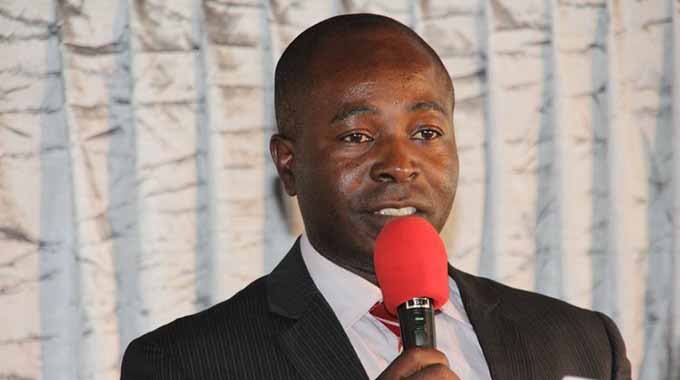EDITORIAL COMMENT : Tuku: The deserving national hero

The world was plunged into mourning on Wednesday when iconic musician Dr Oliver Mtukudzi passed on at the Avenues Clinic in Harare.
Mtukudzi, known as “Tuku” by his legion of fans, had been battling diabetes for a long time.
His untimely death was met with shock and disbelief with condolences pouring in from all corners of the world.
Such deluge of grief describes his artistic depth of character, his local and international appeal and of course his contribution to the world where people had many choices, but still found his music relevant.
Befittingly, President Mnangagwa yesterday declared the musician a national hero — the biggest posthumous honour in the country.
We are not surprised. In fact, the whole country welcomes the honour bestowed upon the musician, which is a first. It is not lost to our older readers and followers of Tuku Music that the granting of hero status itself is a conversation that the singer began a long time ago.
It has come to pass.
And well deserved for him.
Tuku’s music spoke to people in their broad totality. It was a language on its own and it spoke to people in various spots in the world, in various situations and indeed in various fora.
It was for this reason that his music found its way in many homes beyond the borders and earned him an international appeal that saw him collaborate with various artistes.
His commitment to blend genres with various upcoming and established musicians across the globe earned him international awards and slots to partake in prestigious global events.
Through his powerful, didactic music, undying commitment to nurture upcoming artists and philanthropic work, Tuku became an ambassador for various organisations.
Having demonstrated a genuine commitment to communicating strong and clear messages about the importance of child and young people’s rights, including their right to live free from HIV and AIDS, Mtukudzi was appointed United Nations Children’s Fund regional goodwill ambassador for Eastern and Southern Africa. He became the first Zimbabwean personality among other prominent sports, music and movie stars who work with UNICEF in advocating for children’s rights.
Despite his growing regional and international accolades, Tuku remained humble and keen to serve his people and his country.
While the nation is still battling to come to terms with the death of the iconic musician, they should also take time to celebrate and reflect on the legacy he left behind.
It is a legacy of hard work, a legacy of selfless dedication to improve the life of his fellow beings though words and deeds, and a legacy of Ubuntu.
While several musicians of his calibre focused on self-aggrandisement, Samanyanga — his other warm-nickname deriving from his Nzou/Elephant totem — tried to help struggling upcoming artistes through mentorship and the use of Pakare Paye Arts Centre.
Tuku was undoubtedly one of Zimbabwe’s best cultural products and one of the country’s biggest exports ever to emerge from the arts sector through his enriching music laden with the Korekore dialect. With all his financial resources and contacts he had all over the world, Tuku could have easily migrated, but he remained with the people and in Norton.
It also worth noting that Tuku did not die a pauper, something that most musicians should emulate. Cases are too numerous to mention, where fans and the public had to contribute towards medical and funeral bills for musicians following their death.
As the nation celebrates the life of Tuku, they should take solace in the fact that his brand will live well after his death.
His music, philanthropic work, and selfless dedication to see Zimbabwe’s cultural sector prosper should inspire other musicians to work even harder, and take off from where he left.








Comments